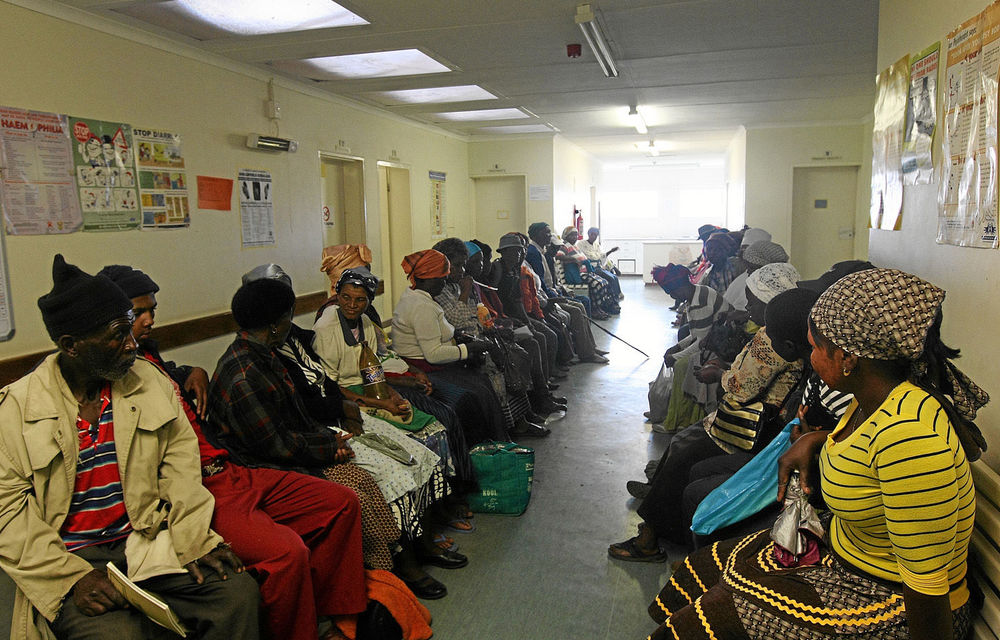
Severe austerity measures imposed by international financial institutions on some of the poorest African countries led to public spending cuts,which affected the wages of teachers and health workers in particular,ActionAid said.
Teachers across Africa are bearing the brunt of austerity,losing up to 50% of their real income over five years,while nearly all health workers (97%) said their wages were not enough to cover food,electricity,and household expenses,ActionAid said in the report dubbed The Human Cost of Public Sector Cuts in Africa.
Spending cuts,often conditioned by the International Monetary Fund,could lead to failing public services in the surveyed countries,Action Aid said in its report based on surveys with 600 healthcare workers and teachers in Ethiopia,Ghana,Kenya,Liberia,Malawi,and Nigeria.
The weight of debt servicing is also accelerating the debt crisis in the Global South,where over three quarters of low-income countries spend more on debt servicing than on health.
In 2024,Nigeria allocated only 4% of its national revenue to health,while a staggering 20.1% went toward repaying foreign debt,according to the same report.
As a result of a lack of investment in public services,community members in all six countries revealed deep dissatisfaction with the public healthcare system and noted rising costs of services,shortage of healthcare workers,and poor infrastructure,it said.
Budget cuts have resulted in failing public education systems crippled by rising costs,a dire shortage of learning materials and overcrowded classrooms,it said,adding that some 87% of teachers said they lacked basic classroom materials,with 73% shelling out for equipment themselves.
United News - unews.co.za